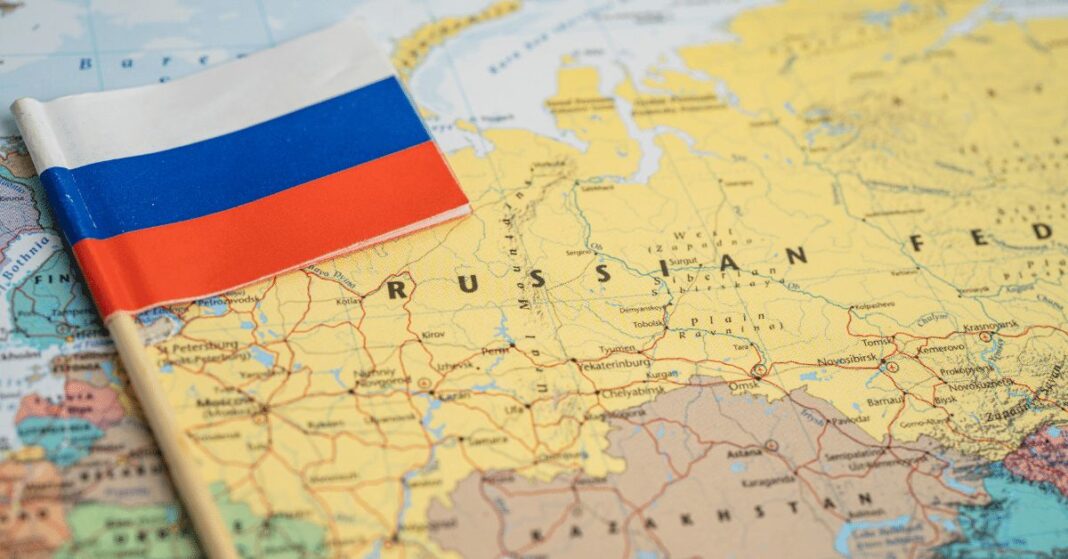Russia needs to update its foreign policy. Its moral authority and autonomy in international affairs must be strengthened, and its human potential must be fully realized. Only when it can fully realize these goals will it gain respect around the world. To do so, Russia needs to fully adhere to its declared values, both at home and on the world stage. This will require a fundamental change in the domestic basis of Russian foreign policy.
Principles on which Russia’s foreign policy should be based
In its foreign policy, Russia should promote cooperation with the USA and other nations engaged in arms control. It should also consider the unbreakable link between strategic offensive and defensive warfare, the need to transform nuclear disarmament into a multilateral process, and the possibility of further reduction of strategic offensive armaments taking into account all the factors affecting strategic stability worldwide.
Moreover, the Russian Federation should focus on issues of real significance to the national interests of Russia, so that its international policies would be balanced and effective. The scope of its participation in international affairs must correspond to the extent of actual contribution to the strengthening of the country’s position. The country must also ensure that its foreign policy is transparent and consistent, taking into account the legitimate interests of other countries and the need for joint decision-making.
Geographic expansion
Geographic expansion is one of the driving forces of Russia’s foreign policy. Without natural barriers, the Russian state is unable to withstand external threats, and Russian rulers have long considered geographic expansion as a necessary precondition to achieving great power status. They also see the expansion of their country as a way to legitimize their conquests.
In the nineteenth century, Russian territorial expansion reached the Balkans. In Central Asia, it seized large tracts of territory inhabited by Turkic Muslims. Some Russian settlers were even sent into neighboring Kazakhstan. Geographic expansion as part of Russia’s foreign policy resulted in conflicts with leading local elites. Russia also expanded into Afghanistan and fought repeated wars with the Afghan tribes. This led to the creation of the present-day nation of Afghanistan.
Opposition to unilateralism
The ‘Atlanticist’ school of thinking was undergoing a crisis of confidence and drifting towards traditional strategic concepts. The Atlanticists split into two groups, with Kozyrev’s followers advancing an aggressive foreign policy in relation to the West and the ‘near abroad, while the liberals argued for civilized dialogue and a more balanced approach.
The first priority region of Russia’s international strategy is the “near abroad.” Moscow’s foreign policy focuses on preventing unfriendly regimes from rising in the region while fostering stable relations with neighbors and resolving territorial disputes with the New Independent States.
The geopolitical school of thought in Russia is popular. It is close to realism but stands in opposition to Marxist theories and Gorbachev’s New Political Thinking, which denied the role of geopolitical factors in international relations.
Resisting Western initiatives
One of the key elements in Russia’s foreign policy is a commitment to preserving its sovereignty. Although the West is attempting to protract its multipolar world order, Russian officials claim that it is a futile pursuit. According to Defense Minister Sergey Shoigu, “Western nations are attempting to prolong the era of unipolarity, but the fact is that multipolarity is inevitable.”
During the post-Soviet years, the Russian people’s dissatisfaction with the West grew. They became angry and frustrated, blaming themselves for being so gullible and ignorant about Western nations’ intentions. They viewed the US and European Union as enemies of their nation and their traditional values.
Impact of SCO accession on Russia’s foreign policy
In a time of political uncertainty, Russia is seeking greater political legitimacy by joining the SCO. Its military foray into Ukraine and sanctions against it, along with human rights violations, have strained relations with the West and Russia has sought legitimacy outside the United States. As a leading member of the SCO, Russia may have some influence in this organization, but it is not as powerful as the U.S. The SCO has become a more prominent player in international affairs.
The Russian leadership is weighing the impact of SCO membership on its foreign policy. China has been lobbying for the SCO Development Bank and a free trade zone for the region, but Moscow has resisted the idea because it fears Beijing will use the organization to dominate the region economically. However, there have been recent hints that Russia may be ready to join.
Related Articles: Joe Biden, a Democrat, Is a Good Man?
Elon Musk’s First Cousin, Lyndon Rive
Can SpaceX Compete With Government-Owned Companies?


